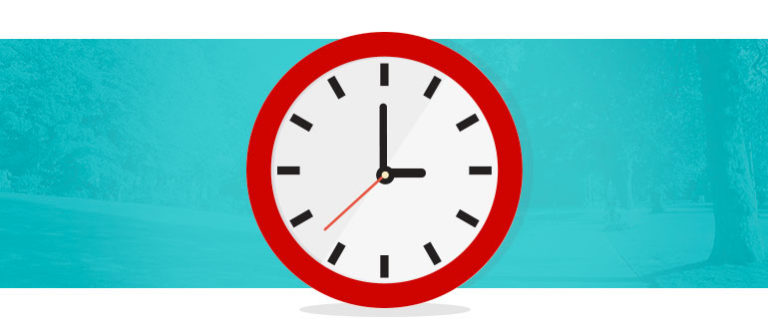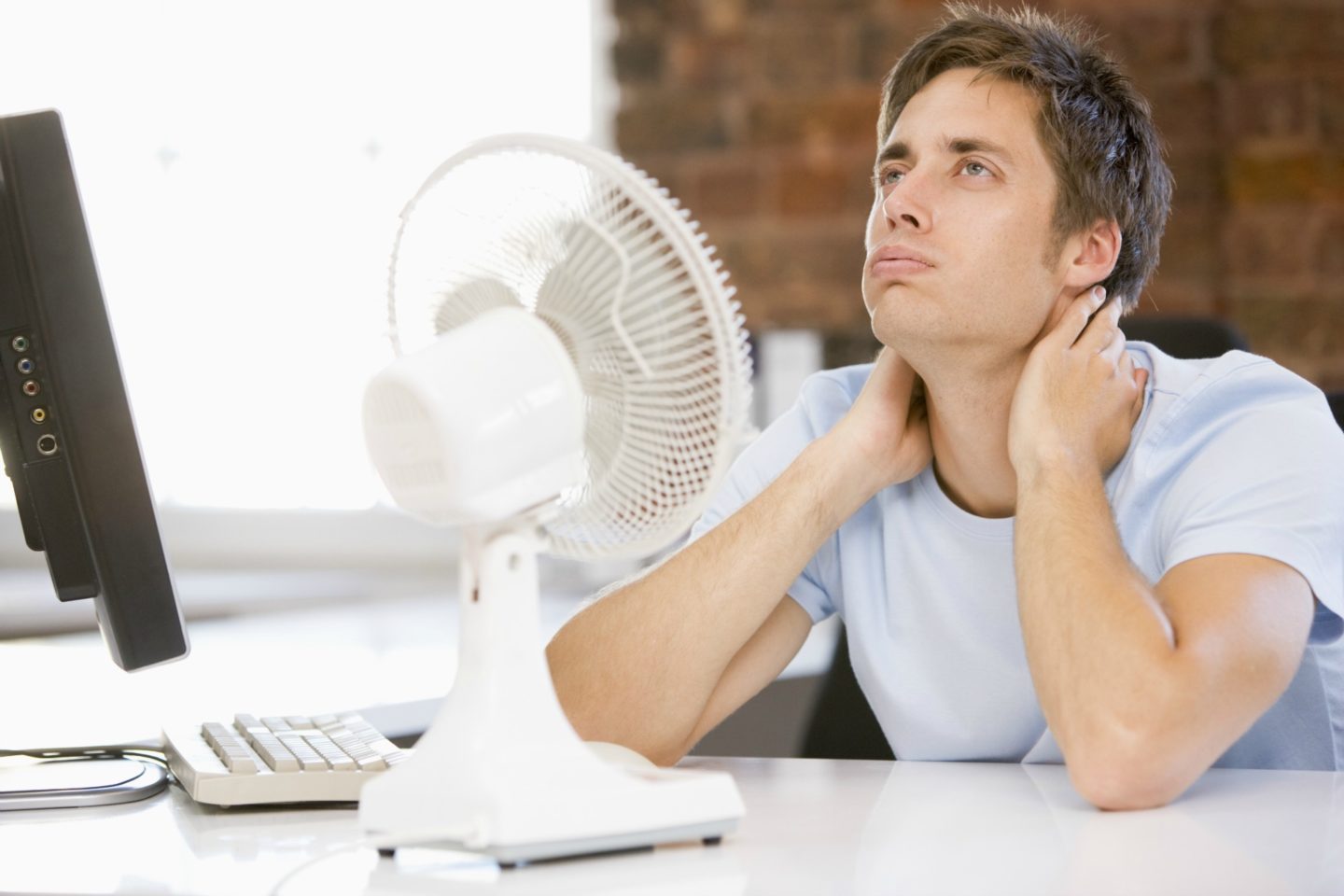Whatever the season, weather can have a massive effect on the productivity levels of staff. For example, studies have shown that hot weather can have an adverse effect on employee productivity levels by up to 20% and increase distraction by a massive 45%. That can mean that as temperatures rise, businesses can expect to see a slump in their output during the summer season.
To counteract this and get ahead of the lull, adapting your working environment to better accommodate the weather and make employees feel more comfortable is a must. There are a number of factors that can affect employee morale and work ethic during the hotter and colder months, so it’s useful to be aware of them and prioritise accordingly.
How weather affects productivity…
Too hot or too cold?

With the warm weather outside, the temperature of the workplace often becomes a hot topic. 80% of office workers are said to complain about the temperature in their office, and this discomfort can have a negative impact on productivity.
Air conditioning can become a contentious issue. If it’s too high, you’ll find people complaining they’re cold, if it’s set too low, people will groan that they’re too hot. It can be hard to suit everyone and keep the office harmonious, especially if there isn’t a set temperature which will make everyone happy.
According to YouGov.co.uk, the average British worker said the ideal office temperature is 21°. Try setting this as a fixed temperature and discourage people from changing it, unless absolutely necessary. You could even place a few small fans around the office for people to use if they are feeling over-heated.
What to wear?

A survey by Andrews Sykes Hire found that 50% of people who were restricted to a formal dress code felt uncomfortable in the heat – and from the same group, only 3% would work overtime. Employees with a strict dress code are also more likely to have a dispute over the temperature in the office.
Relaxing your dress code during the summer months can be an easy way to make employees feel more at ease and to increase their efficiency.
Allowing them to ditch the blazer and tie in favour of a light shirt and smart trousers can make a big difference to how they feel. From the survey, 56% of respondents who had a more relaxed dress code felt comfortable during the summer.
Should working hours change?

With productivity expected to go down in summer, making the working day shorter may seem like a bad idea. But, a study by Opinion Research Corporation for AOC Marketing Research found that reducing working hours in summer actually increased productivity, with 66% of respondents agreeing that they got more work done.
Whether it’s extending the working day Monday-Thursday and allowing people to go home early on Friday, or giving employees the chance to work from home one day a week, summer working hours can create a positive work environment. Flexible working can also increase employee morale with many feeling valued and rewarded for their hard work.
Drink more water

To help reduce the decline in productivity during the summer, encourage your staff to drink more water. Staying hydrated is important when working, especially in the heat as dehydration can make it difficult to focus.
The recommended daily intake of water does vary, but the suggested amount is between 6-8 glasses per day. By placing some water stations near working areas and breakrooms, staff will be able to help themselves to a drink and quench their thirst. According to research by the University of East London, productivity is said to go up by 14% when a person is properly hydrated.
While the hot weather can affect employee productivity, taking steps to improve staff morale and their comfort can keep your office working hard over the hotter months.








